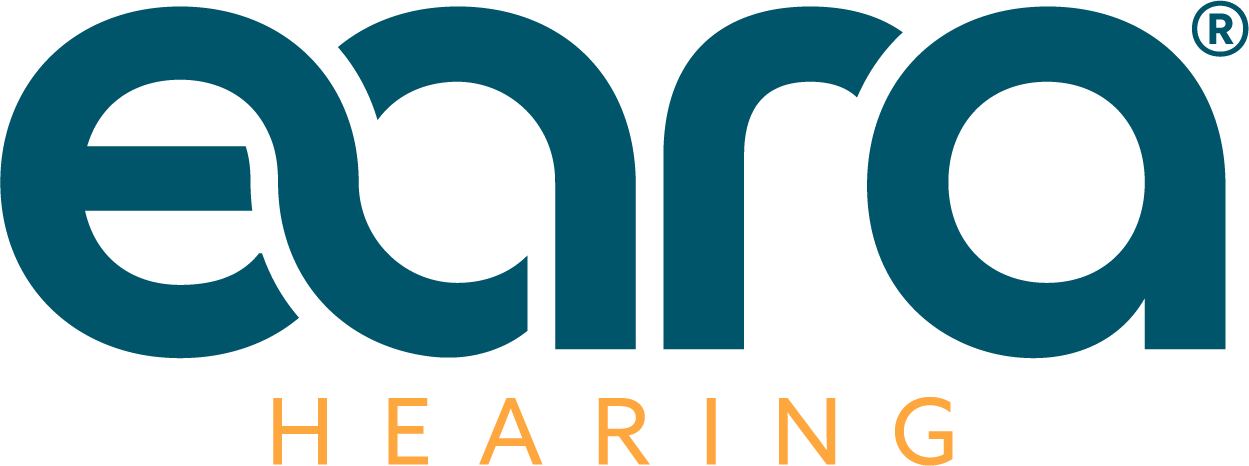Hearing is essential for a rich, connected life, and thanks to recent innovations, improving your hearing health is more accessible than ever with the rise of affordable, high-quality Over-the-Counter (OTC) hearing aids.
But when considering a purchase, a common question arises: Can I use my tax-advantaged Health Savings Account (HSA) or Flexible Spending Account (FSA) funds?
The great news is that the answer is a resounding yes!
If you have an HSA or FSA, you can use those pre-tax dollars to cover the cost of eligible medical expenses, and the IRS clearly states that hearing aids, including the new OTC models, qualify.
At Eara, we accept both HSA and FSA cards, making it easy for you to invest in better hearing. Keep reading as we break down what HSAs and FSAs are, the key differences between them, and how you can maximize your tax-free dollars to purchase the perfect OTC hearing aids and accessories right here in our store.
HSA vs. FSA: Simplified for Your Hearing Aid Purchase
While both a Health Savings Account (HSA) and a Flexible Spending Account (FSA) allow you to use pre-tax dollars for eligible medical expenses, including our OTC hearing aids, they are structured very differently. Understanding these distinctions is crucial to maximizing your benefits.
The most crucial difference lies in eligibility and rollover rules:
-
HSA: To contribute to an HSA, you must be enrolled in a High-Deductible Health Plan (HDHP). The major advantage is that the funds are yours forever. They automatically roll over from year to year, even if you change jobs or retire. The money can even be invested, making it a powerful tool for long-term health savings.
-
FSA: This account is offered by your employer and is not tied to a specific type of health plan. The key rule to remember is "Use It or Lose It." You must generally spend the money within the plan year, or forfeit the unused balance (though some employers offer a small rollover or grace period). An FSA is less about long-term savings and more about budgeting for expected health costs in the current year.
In summary, both accounts provide an instant tax break for your purchase, but:
-
Choose an HSA if you want to save money that follows you indefinitely and can grow over time.
-
Use your FSA if you have funds that need to be spent before the plan year ends.
Are Hearing Aids Covered by HSA / FSA?
Yes, absolutely.
Hearing aids, including over-the-counter (OTC) devices such as the Explore Li+, are considered qualified medical expenses by the IRS. This means you can use funds from both your Health Savings Account (HSA) and your Flexible Spending Account (FSA) to pay for them.
There are two straightforward ways to use your tax-advantaged funds for a purchase with us:
-
Use Your Debit Card (The Easiest Way): Most HSA and FSA accounts come with a dedicated debit card. Simply use this card at our online checkout like a regular credit card. The purchase will be automatically deducted from your account balance.
-
Pay and Get Reimbursed: You can pay for your hearing aids with a personal credit card or cash. Then, you submit your receipt and any required documentation to your HSA or FSA administrator for a quick reimbursement directly into your checking account or back onto your card.
Documentation and Your Final Checklist
The final, and perhaps most important, step in using your tax-advantaged accounts is meticulous record-keeping. This is your safeguard against potential issues or audits from your plan administrator or the IRS; it ensures your purchase remains tax-free.
You must always retain a detailed, itemized receipt or invoice for your hearing aids, itemizing the specific product, date, and cost. A simple credit card receipt is not sufficient. If your insurance covered any part of the expense, you should also keep the Explanation of Benefits (EOB), which details the remaining out-of-pocket amount.
To complete the process, follow this brief checklist:
-
File for Reimbursement: If you used a personal debit or credit card for the purchase, submit your detailed receipt to your HSA or FSA administrator right away to get your funds back.
-
Mind the FSA Deadline: If you used a Flexible Spending Account (FSA), be sure the purchase was completed before your plan’s "use-it-or-lose-it" deadline to avoid forfeiting funds.
-
Store Records Securely: Keep all financial documents and receipts from your purchase for at least seven years.
Remember, related items like batteries, repairs, and maintenance are also qualified expenses, allowing you to use your benefits for the entire life of your hearing aids.
You've learned how your FSA or HSA can be used to purchase eligible medical devices such as OTC hearing aids, allowing you to pay with pre-tax dollars.
This makes investing in your hearing health a smart financial move, especially before any annual funds expire.
Ready for Better Hearing?
Use your available HSA/FSA funds to get the Eara Explore Li+ and gain immediate benefits:
-
Enjoy crystal-clear sound in any environment.
-
Get up to 80 hours of use with your portable charger.
-
Stream calls and music directly with seamless Bluetooth connectivity.























